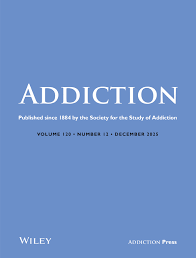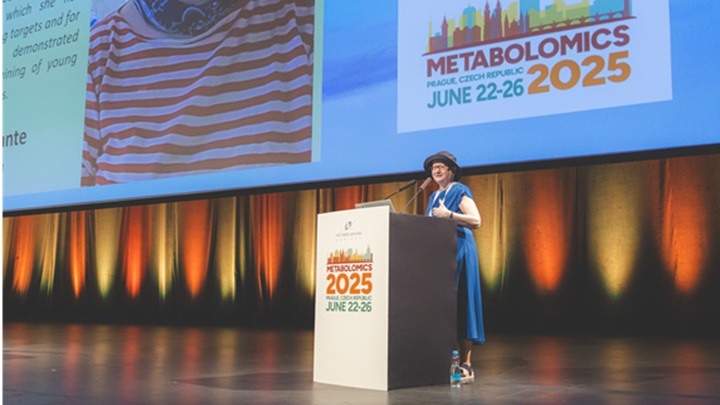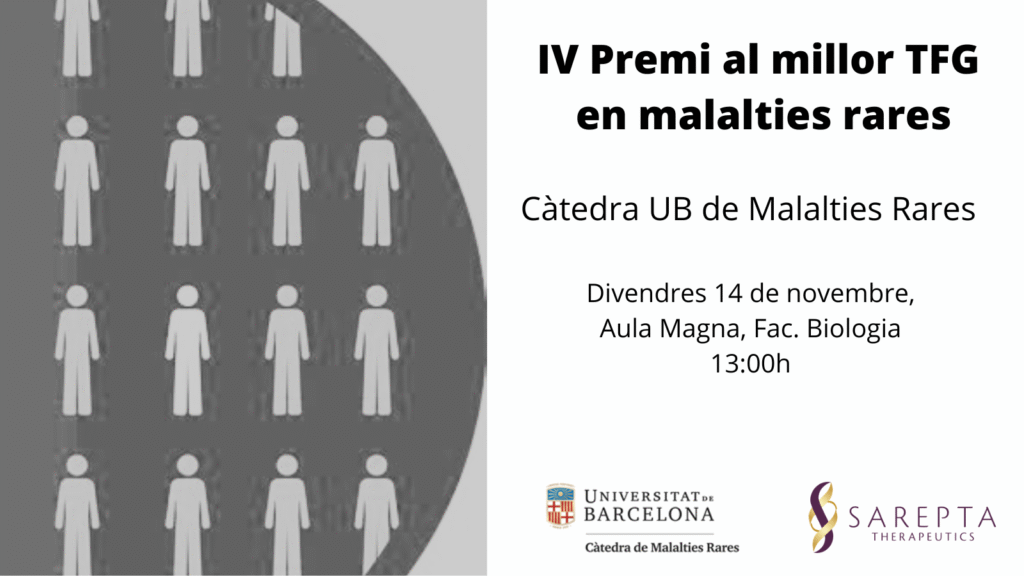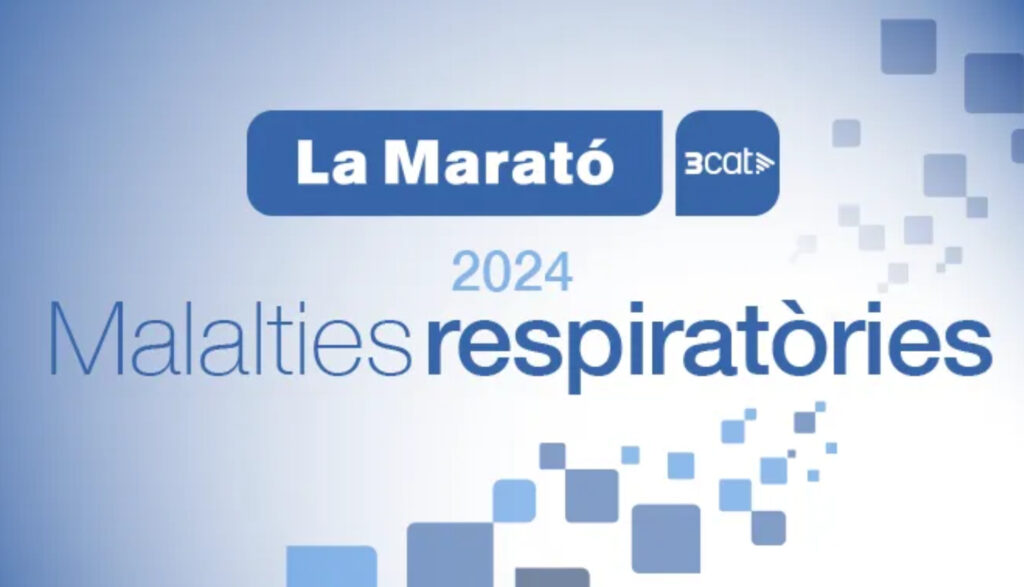IBUB
Institut de Biomedicina de la Universitat de Barcelona
Drug and target discovery for biomedical science
The Institute of Biomedicine of the University of Barcelona (IBUB) is a transversal research unit formed by some 40 groups from the Faculties of Biology, Chemistry and Pharmacy and Food Sciences. The IBUB was created in 2006 with the aim of identifying, beyond the traditional academic structures (departments and faculties), a set of laboratories with complementary scientific activity, capable of generating synergies.
Technology Transfer Opportunities
One of the key strengths of IBUB is its ability to successfully transfer knowledge to society
Projects
314
Research groups
40
Publications
725
Research
Advanced MRI measures in adults with Down syndrome: Characterization and relationship to inflammation and cognitive function
Katherine Koenig; Cleveland Clinic Lerner College of Medicine (USA)Date
November 4, 2025Time
15:00hPlace
Aula CRAI, Fac. BiologyElectrochemical Sensing of Oxygen Species for Biomedical and Bioanalytical Applications
Kaoru Hiramoto; Tohoku UniversityDate
October 29, 2025Time
13:00hPlace
Aula 16, BiologyRedesigning the bioisosteric tool: targeting hDHODH and other fluorescent stories
Marco L. Lolli, UNITODate
September 29, 2025Time
12:30hPlace
A3, PharmacyArticle of the month
Pedro Medina, Modesto Orozco, Montserrat Terrazas
Journal of Medicinal Chemistry
Dually Decorated Palmitate-Containing Lipid Nanoparticles for the Targeted Delivery of siRNAs against HER2 and Hsp27 in HER2+ Breast Cancer
Ionizable lipid nanoparticles (LNPs) have enabled significant advances in oligonucleotide (ON) therapeutics, resulting in the approval of the short interfering RNA (siRNA)-based formulation Onpattro. However, achieving cell-specific delivery remains challenging. We have developed palmitate-containing ionizable LNPs functionalized with (i) octreotide (Oct), targeting somatostatin receptor type 2 (SSTR2)-expressing tumor cells, and (ii) penetratin (RK16), enhancing intracellular uptake. This dually decorated LNP codelivered two siRNAs targeting tumor-promoting genes (heat shock protein 27 (Hsp27) and human epidermal growth factor receptor 2 (HER2)) into HER2+ breast cancer cells, demonstrating strong potential for combinatorial therapies. Oct conferred high selectivity toward SSTR2-overexpresing HER2+ breast cancer cells, even in heterogeneous environments containing nontumor cells. RK16 enhanced intracellular delivery and cytotoxicity against tumor cells compared to nonfunctionalized LNPs. Overall, our results support the potential use of this novel LNP formulation in ON-based targeted therapies. By altering the targeting peptide and siRNA combination, it could be adapted for diverse tumors and combination treatments. Additionally, palmitic acid inclusion further enhanced cytotoxicity in palmitate-sensitive cells, offering additional therapeutic advantages.
END – Travel grant to participate in the 15th Summer School on Medicines, SSM15 in Montreal from July 5 to 11, 2025
Data límit
June 2025MCP Lab offers a predoctoral contract associated with a project of the AGAUR Program “Indústria del Coneixement”
Data límit
20/1/2024 - Send CV and motivation letterFacultat de Biologia / Secretaria IBUB & Bioinformàtica
Avda. Diagonal, 643
Edifici Prevosti, planta -1
08028 Barcelona
+34 606 14 87 72
ibub@ub.edu







